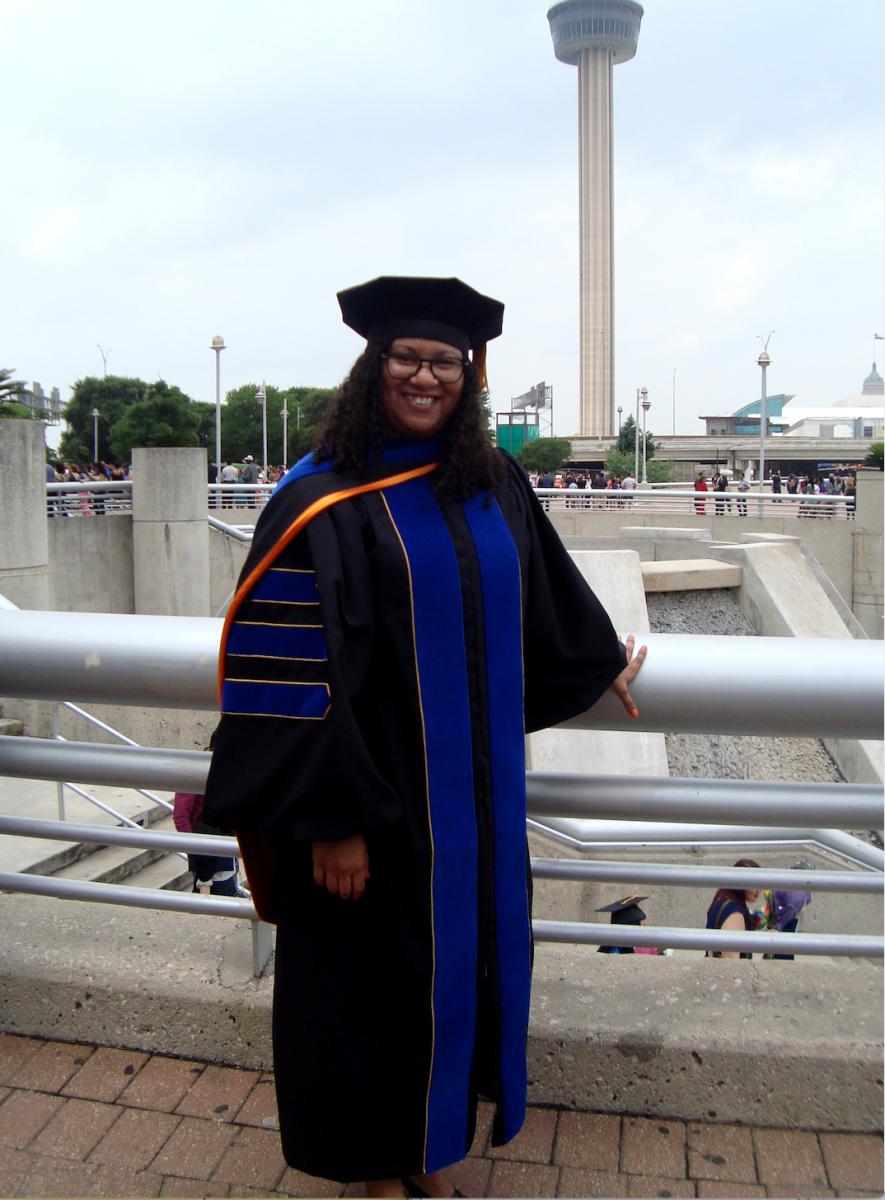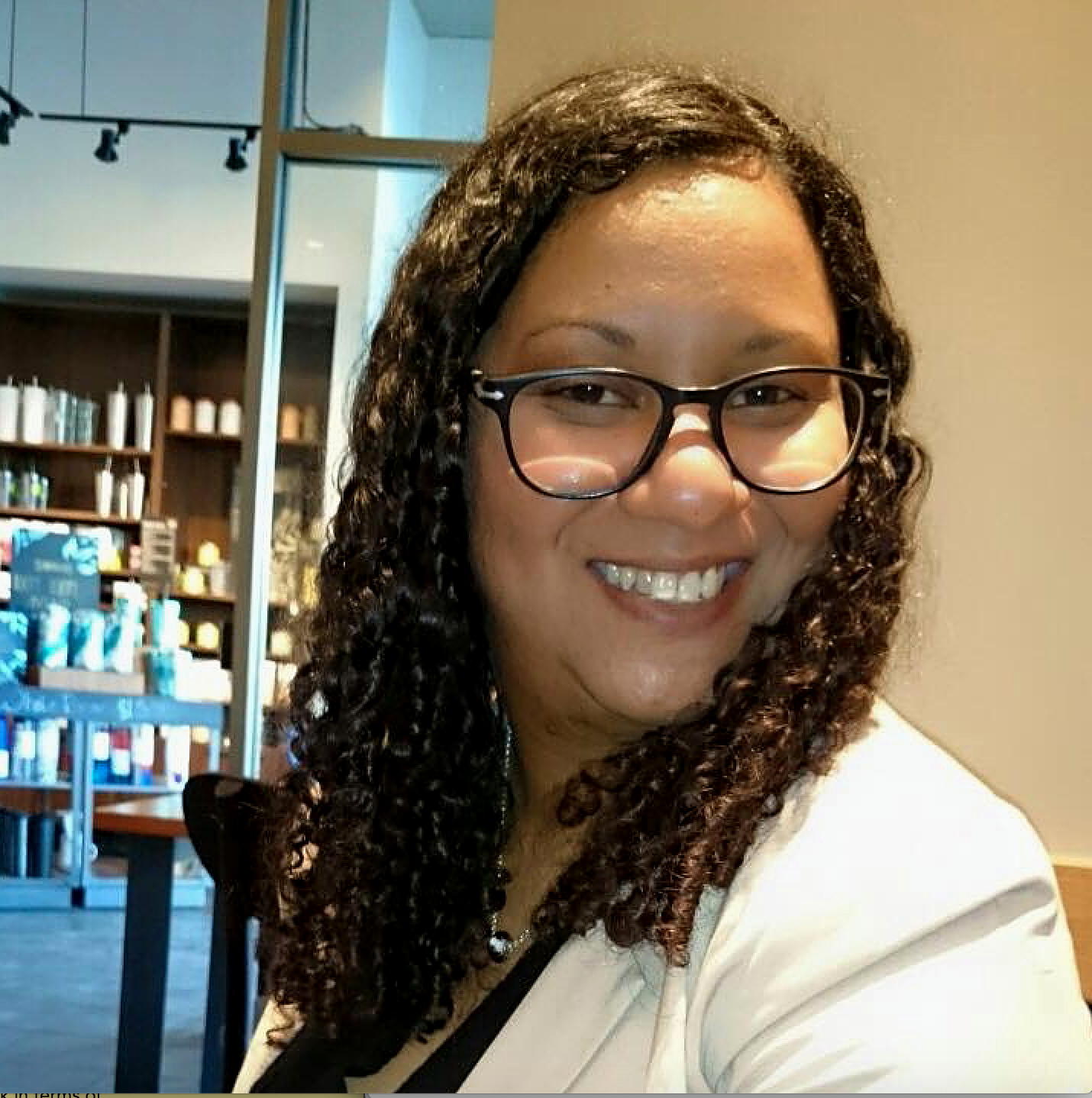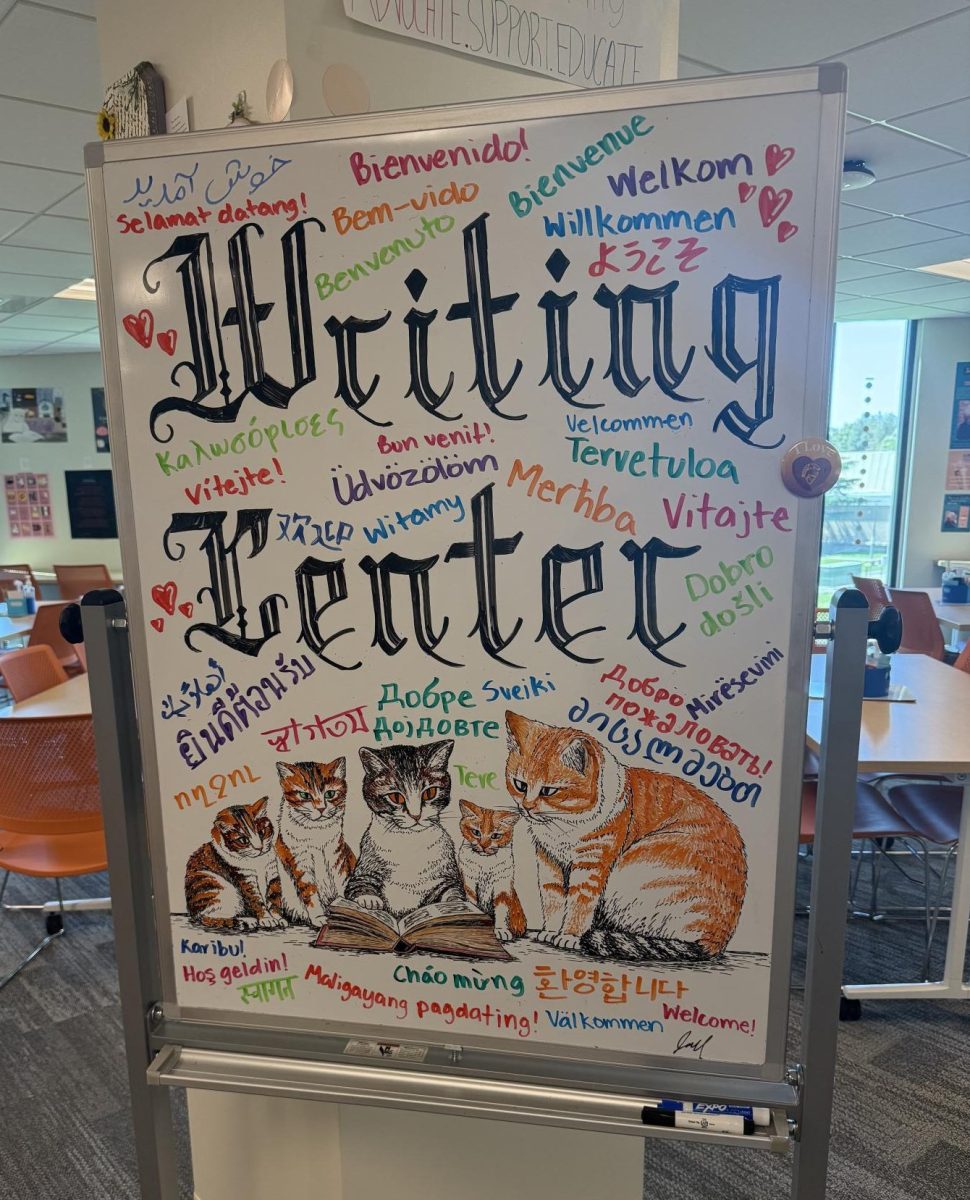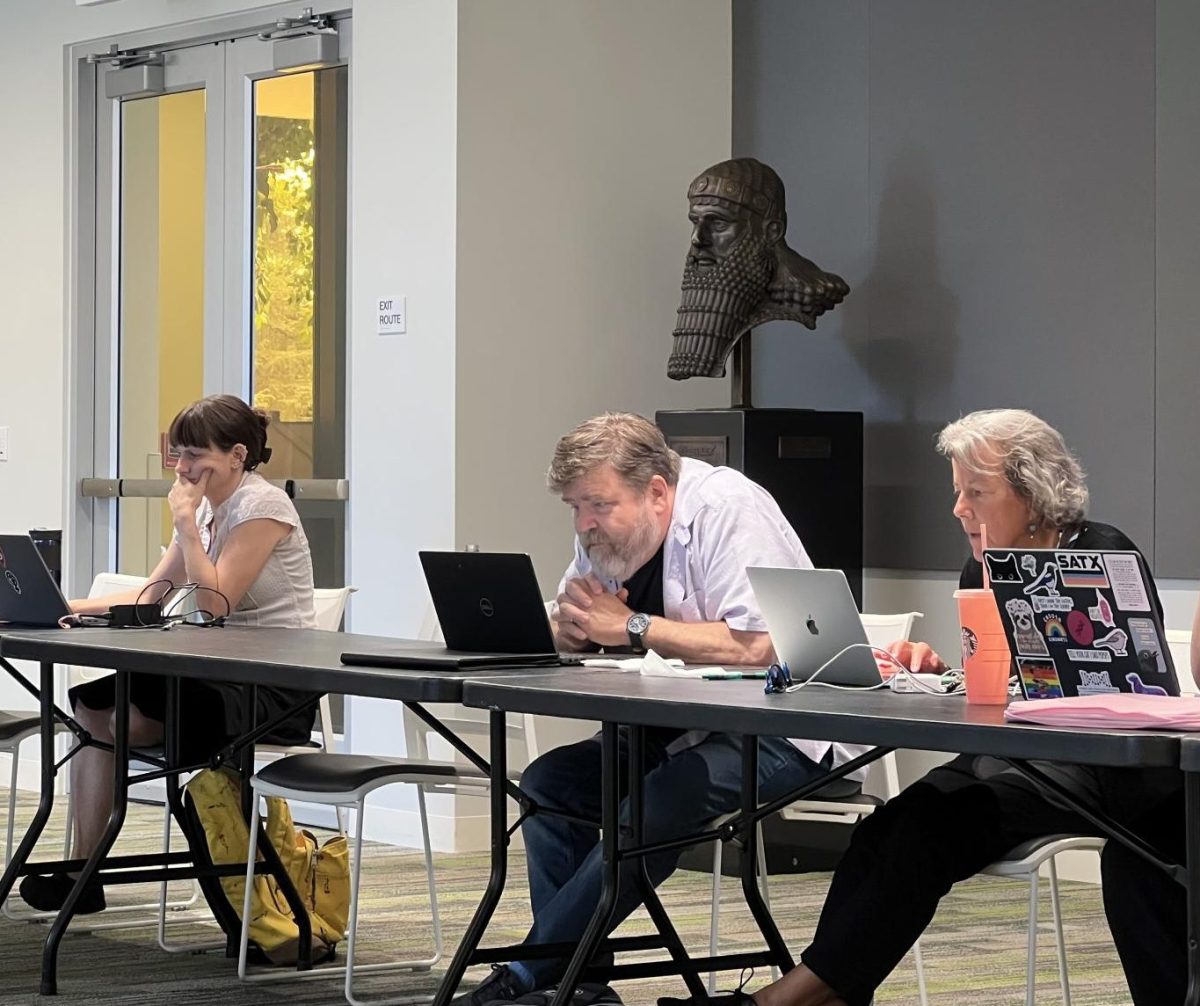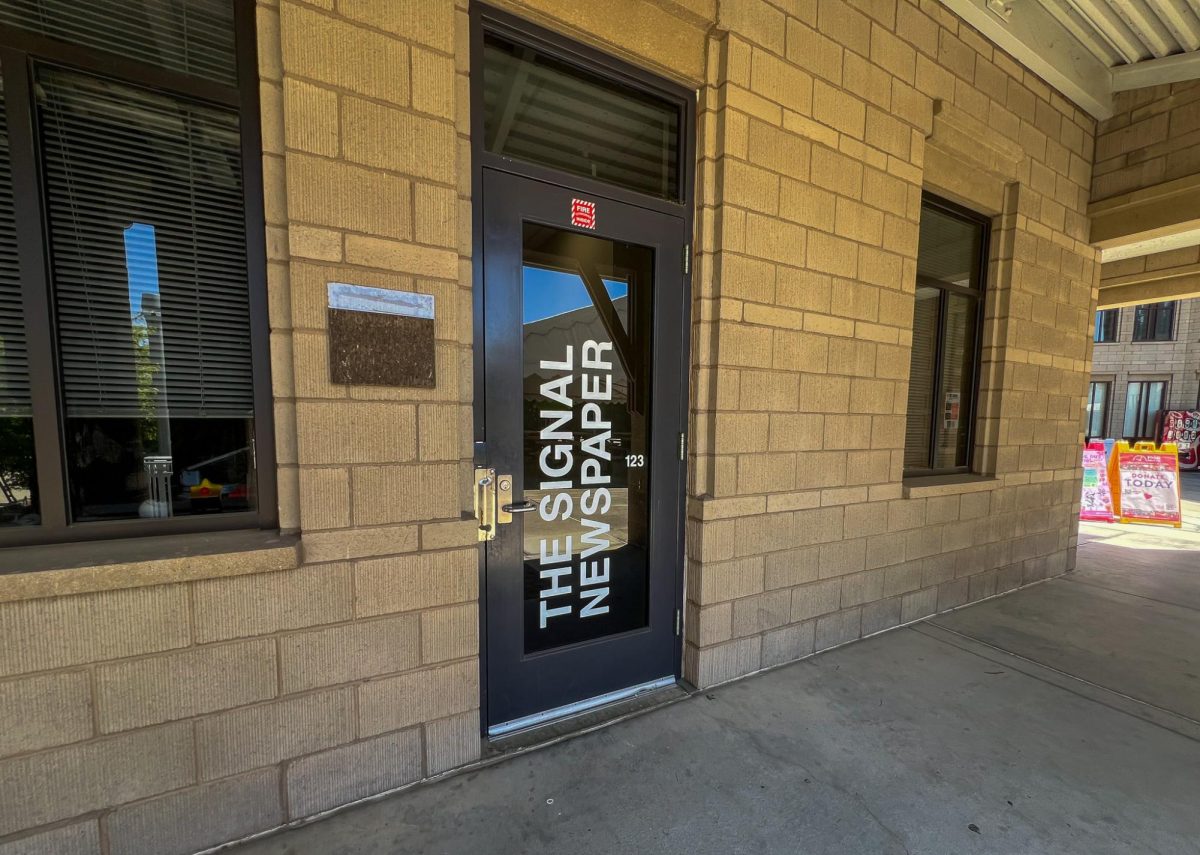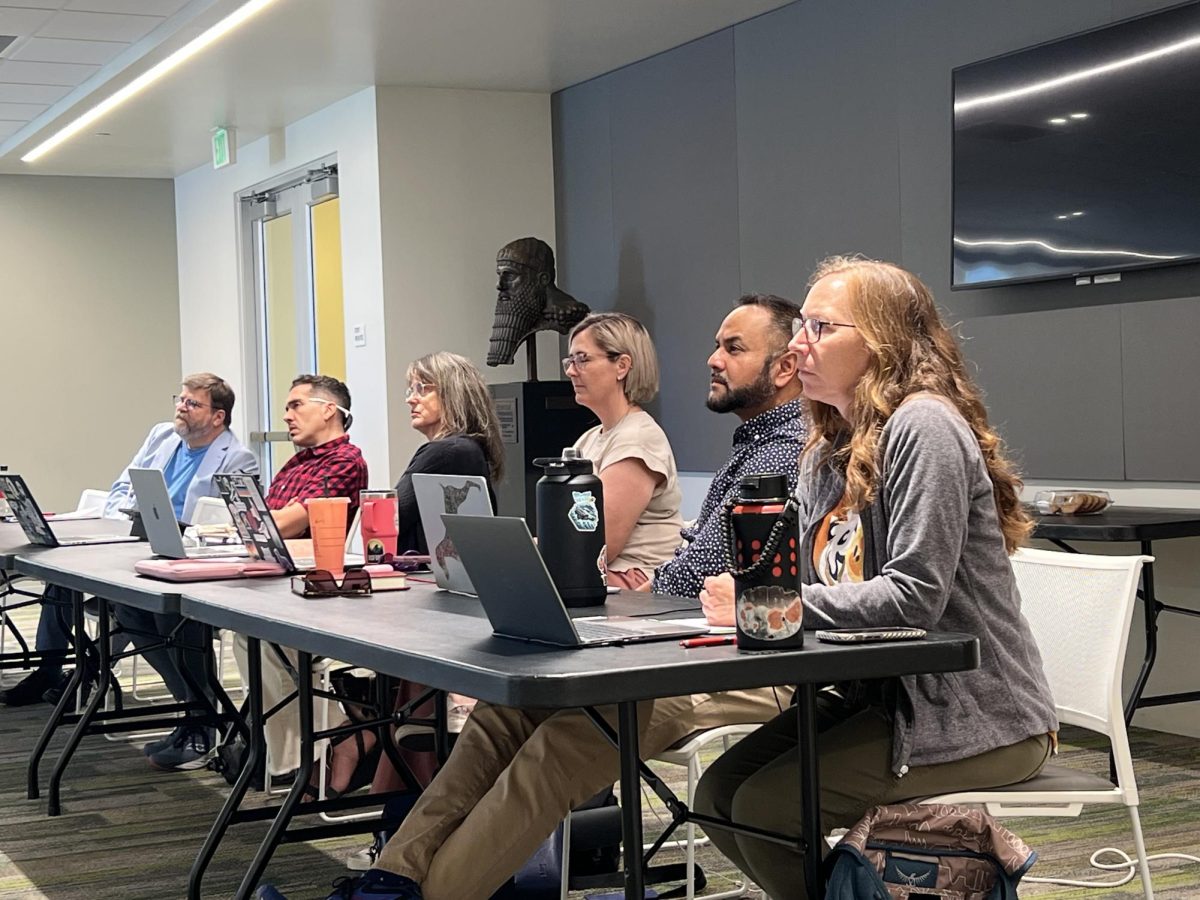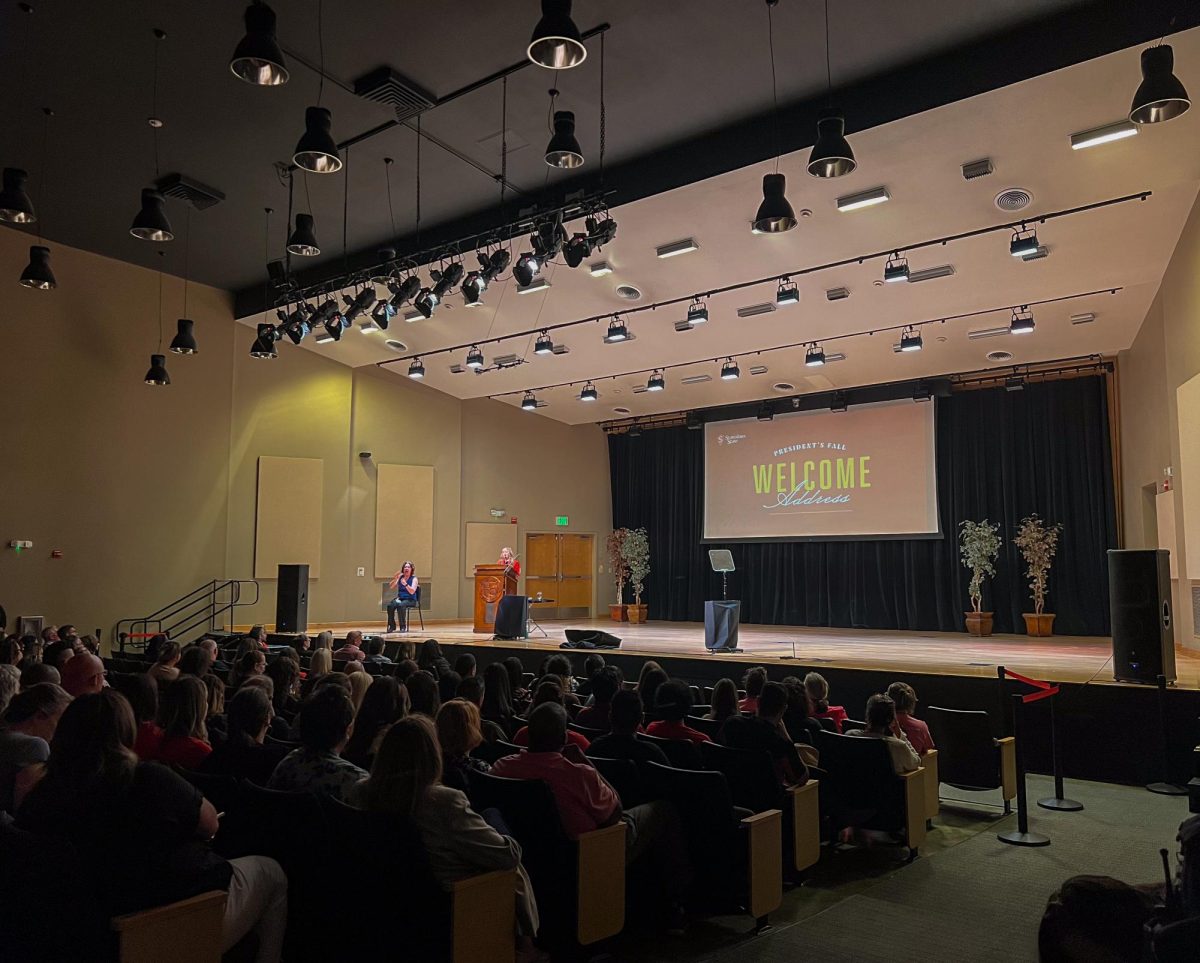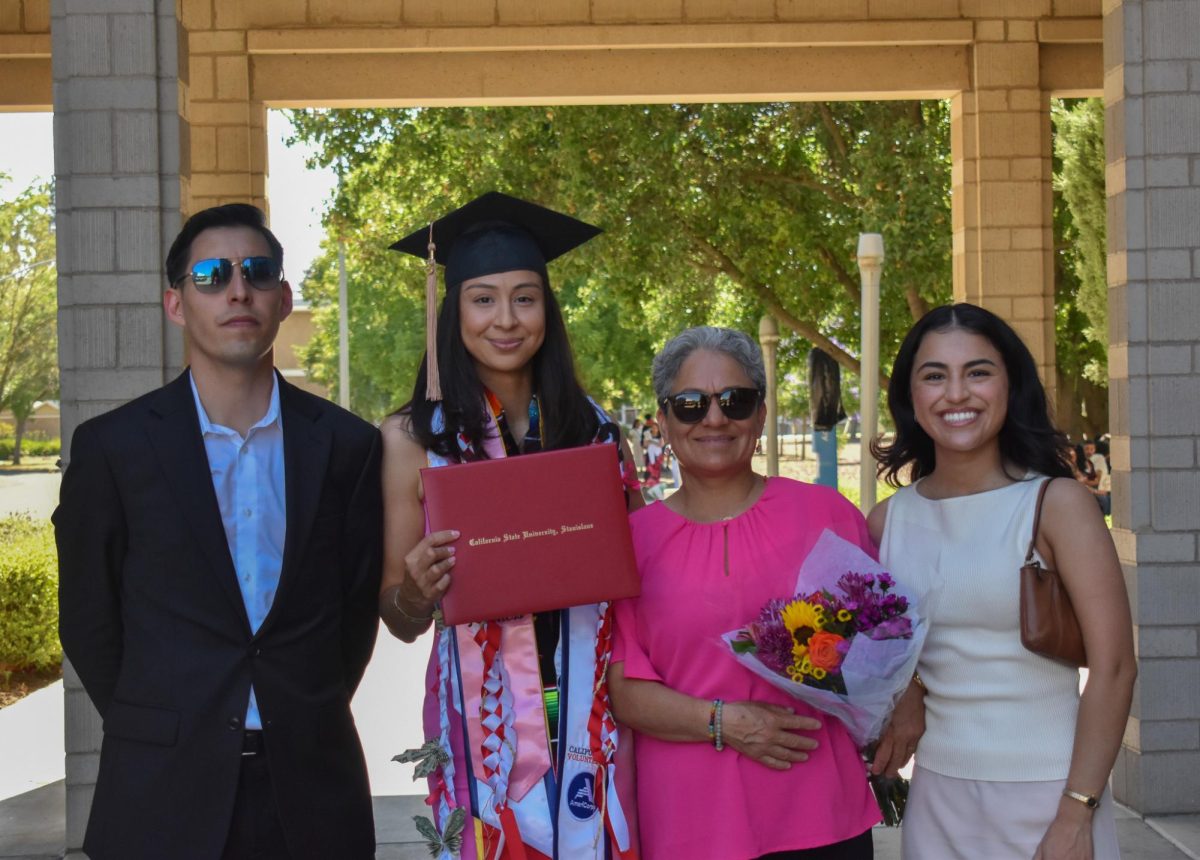Going about the grad school process can be intimidating to anyone. Applications, letters of recommendation, and any other supplementary materials can come to seem as if they’re all too much. When talking to Dr. Maldonado-Valentin, a professor for Stan State’s English Department, about her experiences in her academic career, her success and progression came down to one thing: asking questions!
She sat down with me and shared some insights based off of her time in the Masters program at the University of Puerto Rico Mayagüez and the Doctorate program at University of Texas, San Antonio.
How did you get about deciding you wanted to go to grad school? How did you know it was the right choice for you?
I honestly never thought about going to grad school. Out of high school, I wanted to do my four years, have a job, and that’s it.
I’ve always been really curious and especially about how we learn languages. I’m not a native speaker, I was born and raised in a place where its monolingual, Spanish speaking. We never spoke English at home, so that sort of sparked my curiosity. Coupled with the idea of getting my BA, I began to think that maybe grad school made sense.
I spoke with someone… I think the key is talking to as many people as you can. I wanted to do what she was doing. I can teach, I just don’t want to do k-12. I wanted to do things like research and investigate things, things that wouldn’t work with that. She pointed me to the advisor and I was convinced.
Up until that point, every decision I made was conducive to become a teacher in a college.
I cannot emphasize enough, you talk to people.
What is the value of a grad degree?
When there is a recession and the unemployment rate is higher, people tend to go back to school. I would say now is the time to go. Everything is online.
I think you should go regardless of the situation, even if you weren’t planning on it.
Another thing is the value of creating your network, a support network. It’s the same thing in grad school, if not more. It’s a little more challenging so you’ll grow closer to that group. Aside from forming these relationship amongst your classmates, it’s important to do so with faculty.
Look into the names in your program, look for assistantships or fellowships (which also help with the financial cost). I was told to, because it was a research program, look at the people in the department. The big names are signs you want to go to that program. That was one of the things that paid off big time. It’s not just the name, but the experience that they have as well.
How should one choose a grad program?
Options. I think you should have as many options as you can and make an informed decision. Go and research first, think about what your interests are. What is it about your major that you want to do? Search the programs and the people in the program. Look for their profiles, their CV’s. One of the things you have to keep in mind is not just what you can do for the school, but also what the school can do for you.
I recommend as many as 10-12 programs in your area. Make a list of pros and cons: financial aid, professors, the student population, the locations. Make sure you expand that list to look at everything so you don’t miss out on any opportunities or a school that you may have been interested in that didn’t seem as feasible.
If you know any students in the grad program. Reach out to them. You want to know the good, the bad, and the ugly.
Just remember, if you’re contemplating going to a grad school, that means you’re kind of ready. If you going out of your way to get the letters and research, you’re pretty much ready. If you’re registering for classes, you’re definitely ready. Try to remind yourself why you decided to go in the first place. If you keep that in mind, you’ll be able to see it through.
How do you suggest going about the application process?
Start with the recommendation letters. Give your recommenders enough time to write the letter. If they ask you for three letters, find four, both as a fail, safe, and a potential way that you can stand out. When asking for rec letters, include the following: the link to the program so that they can tailor the letter to the program, a resume or CV, the due date, to whom it needs to be addressed, and always give them an earlier due date.
Make sure that you have a good paper that you can use as a sample of writing. Revisit it and make edits as needed.
You will have to write a statement of purpose. This is where you address what you can do for the school and what they can do for you. Make sure to personalize it to the program. We like those personalized letters. You took the time to research our program. Do this especially when it’s a program that you really like.
Any helpful reminders?
Be prepared to forgive yourself for the terrible things you’re going to be doing to your body. The things you’re going to eat and the bad sleeping habits. In all honestly, perfection is not always possible.
Like I said already, the key is to keep going and not give up. I find a rewards system very beneficial. For example, “If I read so many pages, I’ll allow myself to do something I enjoy.” You have to finish the task in order to receive your reward.
Read! You’re going to be reading a lot in graduate school. Every time that you read, write. Once you read and do your notes, write a summary of what you read. You’re reading to write. It’s a matter of connecting. The processing of what you read is already there on paper.
Don’t be afraid to reach out for help and don’t be intimidated because you don’t know things. Things are learned. It might take a little time, but you’ll learn what you need to. Don’t be overwhelmed.
Categories:
Grad School Chronicles: Dr. Maldonado-Valentin
Bobbi Solano
•
December 18, 2020
Dr. Maldonado-Valentin after receiving her doctorate degree from the University of Texas at San Antonio. (Photo Courtesy of Dr. Mirta Maldonado-Valentin)
0
Donate to Signal
Your donation will support the student journalists of California State University, Stanislaus. Your contribution will allow us to purchase equipment and cover our annual website hosting costs.
More to Discover

